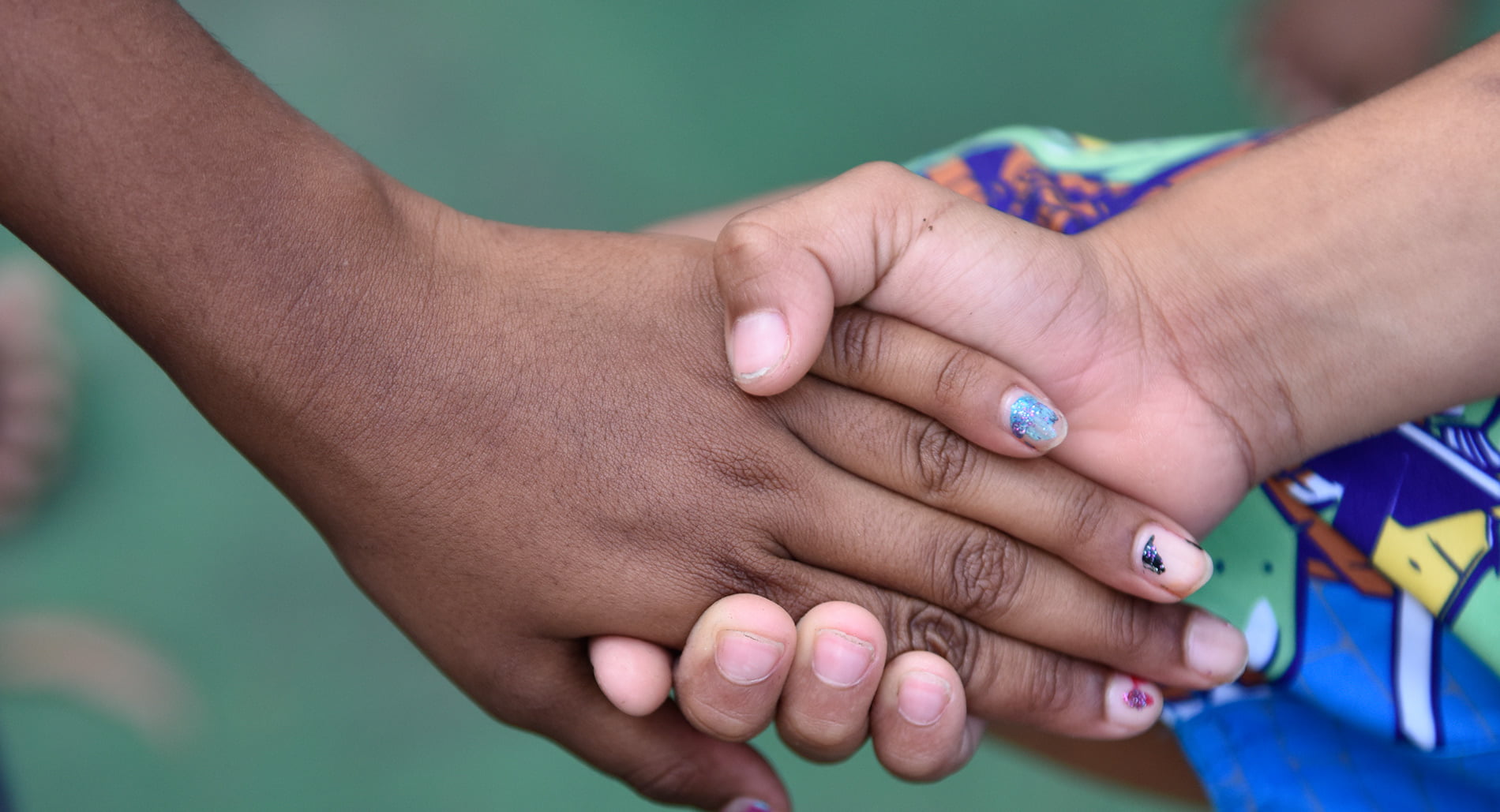As the Northern Territory’s Royal Commission holds its first public hearing, leading Indigenous and human rights organisations are calling on the Federal and Northern Territory Governments to immediately protect the human rights of young people currently in detention.
The Human Rights Law Centre, Amnesty International and the National Aboriginal and Torres Strait Islander Legal Services are urging both governments to be proactive and ensure children in detention are not exposed to mistreatment while awaiting the Royal Commission’s recommendations.
Solitary Confinement
The three organisations have received reports that young people continue to be held in conditions amounting to solitary confinement in the High Security Unit of Don Dale. They are calling on the Northern Territory Government to immediately prohibit the use of solitary confinement; introduce an independent inspector of youth detention to prevent abuse; and meaningfully engage with Aboriginal and Torres Strait Islander communities and organisations.
Amnesty International’s Indigenous Rights Campaigner, Julian Cleary, said that human rights law prohibits the use of solitary confinement on children for any duration, because evidence shows that it can cause permanent psychological harm.
“It is disturbing that young people are still reportedly being held in conditions amounting to solitary confinement in Don Dale. The Northern Territory Government should immediately commit to upholding its human rights obligations and prohibit the use of solitary confinement on children,” said Mr Cleary.
“The Northern Territory Government should immediately commit to upholding its human rights obligations and prohibit the use of solitary confinement on children.”
Highest rate of youth detention
The Human Rights Law Centre’s Director of Legal Advocacy, Ruth Barson, said that the Northern Territory has the highest rates of youth detention in Australia and that having independent oversight of youth detention facilities is critical if the Government is truly committed to preventing mistreatment in the future.
“It is essential that children in youth detention are protected from abuse. We shouldn’t need to wait for the Royal Commission’s findings to ensure children are safe. Independent inspections and oversight of detention facilities are proven to work to prevent the type of appalling treatment we recently saw in the Don Dale youth detention facility,” said Ms Barson.
“We shouldn’t need to wait for the Royal Commission’s findings to ensure children are safe.”
95% Indigenous
NATSILS Executive Officer, Karly Warner, said that over 95 per cent of young people in detention in the Northern Territory are Aboriginal.
Over 95 per cent of young people in detention in the Northern Territory are Aboriginal.
“The Federal and Northern Territory Governments should immediately commit to working closely with Aboriginal and Torres Strait Islander organisations to find ways to reduce the alarming rates at which Indigenous young people are locked up,” said Ms Warner.
The Northern Territory Royal Commission into the Protection and Detention of Children in the Northern Territory was called after ABC’s Four Corners aired its shocking expose, Australia’s Shame, documenting the appalling mistreatment of young people in detention in the Northern Territory’s youth detention facilities.
Convention against Torture
The HRLC, Amnesty International and NATSILS are also calling on the Federal Government to ratify the Optional Protocol to the Convention against Torture, which Australia signed in 2009; and to properly fund Aboriginal organisations to engage with the Royal Commission.
“There is no reason for delaying ratification any further. The Commonwealth Government has an important leadership role to play. Ratification will ensure proper and independent mechanisms are in place to prevent the mistreatment of people in detention,” said Ms Barson.
Ms Barson added, “The Commonwealth Government must adequately fund Aboriginal organisations to engage with the Royal Commission. This will ensure affected Aboriginal people, organisations, communities and children are able to have their voices heard.”
